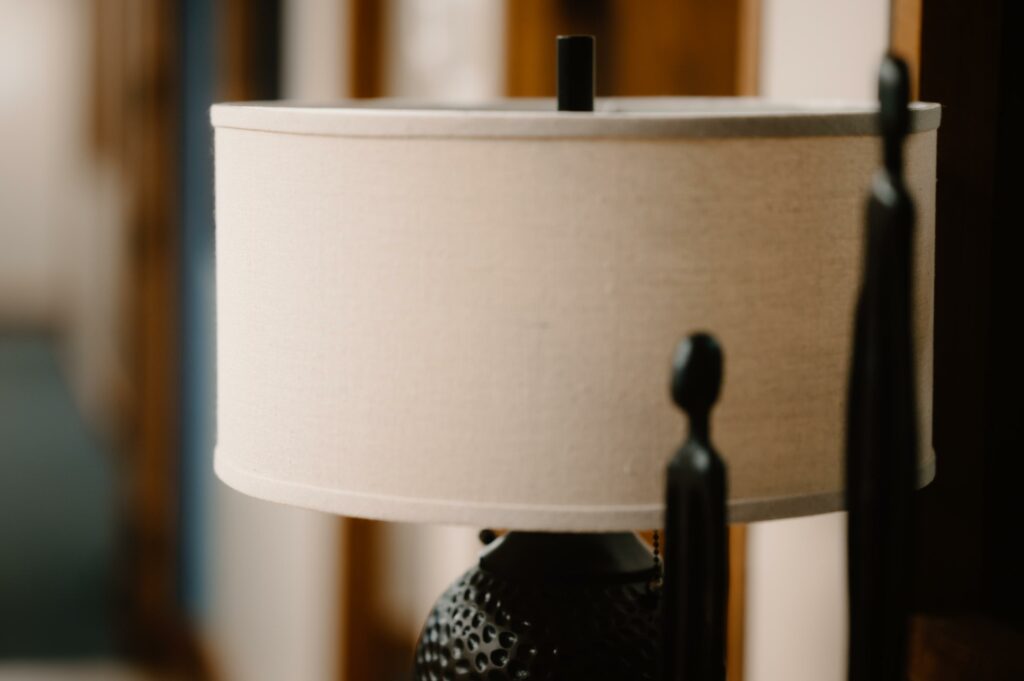Cobb Cole was made to serve.
Serving Central Florida since 1925.
Cobb Cole has dedicated nearly 100 years to earning the trust of the people who live and work in Central Florida. Since our founding we’ve remained focused on providing a diversified portfolio of services so we can continually serve the needs of our growing community. Though we’re deeply rooted in this area, we’re just getting started.
Elevating excellence in legal assistance.
Our dynamic team of 24 attorneys bring their vast legal knowledge and sophistication to confidently support our clients. Maintaining a diversity of skills is one of our core values as it enables us to serve our clients fully regardless of their needs.






Attorneys you can trust.






History
Since 1925 when established in Daytona Beach, our firm has flourished to become the largest law firm on Central Florida’s east coast.
Values
For almost 100 years we have been committed to being client-focused, community driven, and comprehensive in our approach.
Community
Our members serve the area in various civil, legal, and professional organizations, facilitating and collaborating in crucial conversations that impact our future.




Comprehensive legal services so you always know who to call.
At Cobb Cole we’ve stacked the deck. Each of our talented attorneys provide uniquely specialized service areas enabling us to offer an expansive variety of essential services to our clients. For each service we offer, multiple attorneys on our team collaborate together so that you get the best service available.
"They are just a great law firm, and they care about the people. One company that truly gives back to the public."
-John H.
Prospective clients may not obtain the same or similar results.
Daytona Beach
Located in One Daytona, across from the Daytona International Speedway our Daytona Beach office is comfortable, safe, and easy to access.
- One Daytona Boulevard, Suite 600Daytona Beach, FL 32114
DeLand
Nestled into the vibrant downtown Deland community, our DeLand office is walking distance from the Volusia County Courthouse. This smaller satellite office is ideally located in DeLand.
Service areas also include:
Blending compassionate care with superior legal service for nearly a century.






